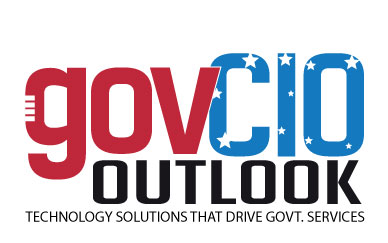AUGUST 20248GOVERNMENT CIO OUTLOOKJuliana Sousa Nogueira, Head of IT PMO, TJDFT BrazilByuliana Nogueira is an Agile Expert, Project and Portfolio Manager, Scrum Master, Facilitator, and OKR Coach based in the Federal District, Brazil. With experience at TJDFT and Universidade de Brasília, Juliana is an Agile Leader at the IT's Agile Project Management Office in Brasilia, where she coordinates a team that helps others adopt agile methodologies like Scrum, Kanban, SAFe and Lean Inception to deliver value more effectively. Passionate about the principles of adaptability, simplicity, collaboration, and focus on results, Juliana's Agile PMO also advises managers on IT project portfolio ranking and prioritization to improve transparency and governance. She also facilitates a cross-functional Kanban team, driving the digital transformation journey at TJDFT.Through this article, Juliana explores the challenges and triumphs of implementing Agile Portfolio and Project Management (PPM) within the Brazilian public sector, specifically the Justice Court system. The Challenge of Frequent Change: Public sector priorities are inherently dynamic, shifting with election cycles (often every 4 years) or even more frequently in specialized sectors like Justice (every 2 years). Aligning IT- Information Technology project delivery with these evolving priorities needs an adaptable approach. Beyond ROI - Measuring Success in Public Service: Unlike the private sector, success in the public sector is measured by positive societal impact and enhanced public service quality. Every project funded through taxpayers must deliver tangible benefits for citizens. Aligning project delivery with this principle is paramount. From Waterfall to Agile: A Transformational Journey: Before 2016, the Justice Court's IT portfolio relied on traditional, waterfall-based PM methodologies (PMBOK® Guide). Despite our dedicated efforts, project delivery remained sluggish, exceeding deadlines, and frequently falling short of quality. In 2016, the Court embraced Agile methodologies like Scrum and Kanban, prioritizing principles like: · Continuous Delivery · Adaptability · Transparency · Regular ReviewInitial Stumbles -The Importance of People: The initial Agile implementation encountered resistance due to inadequate preparation and training across IT and business teams. This highlighted the Agile Manifesto's core principle: "Individuals and interactions over processes and tools." Successful project delivery hinges on engaged individuals who understand the "why" behind the agile approach. Investing in People and Learning: Recognizing the importance of human capital, the Court invested in comprehensive Agile training programs. The focus shifted to team-by-team Agile adoption, meticulously measuring results, gathering user and team feedback, and continuously improving subsequent cycles. The Birth of the Agile PMO in the IT area: Aligned with the Agile philosophy, the Court established an Agile PMO dedicated to supporting IT teams and stakeholders in adopting Agile methods and delivering tangible value. Processes and Tools - A Supporting Role: While processes and tools are secondary to people and interaction, they still play a vital role. Utilizing Agile benchmarking across Brazilian public sector organizations provided valuable insights and accelerated the Court's Agile transformation journey.JEMBRACING CHANGE FOR PUBLIC GOOD Juliana Sousa NogueiraIN MYOPINION
< Page 7 | Page 9 >
< Page 7 | Page 9 >
